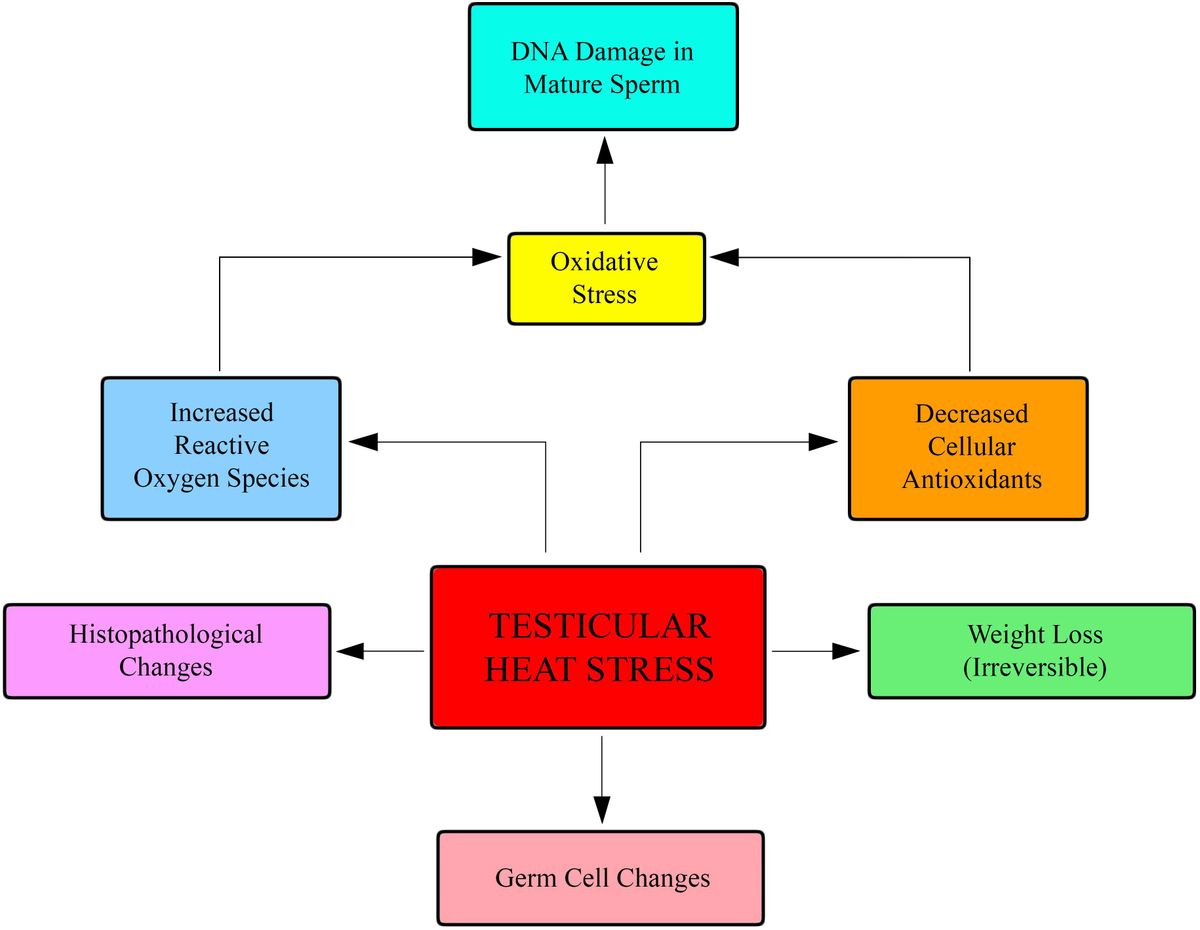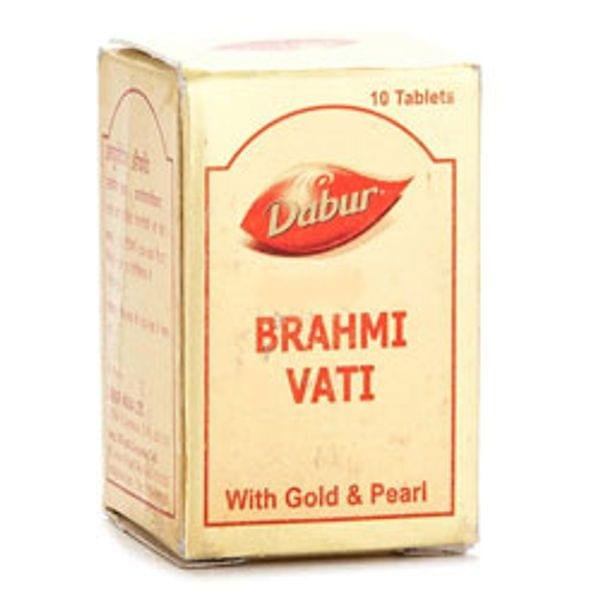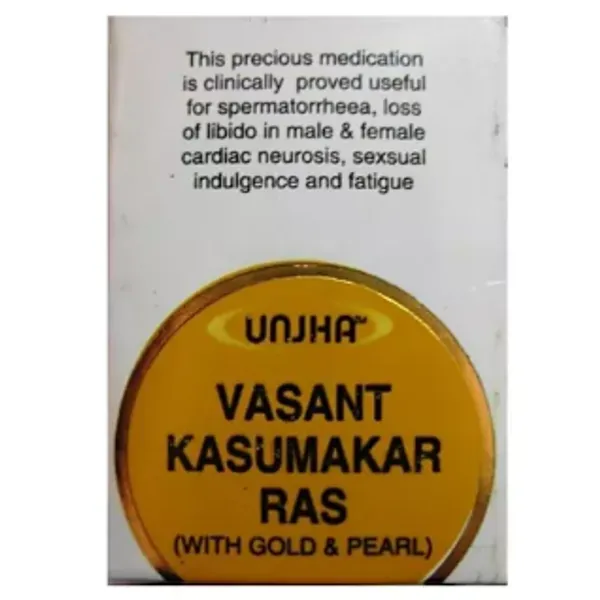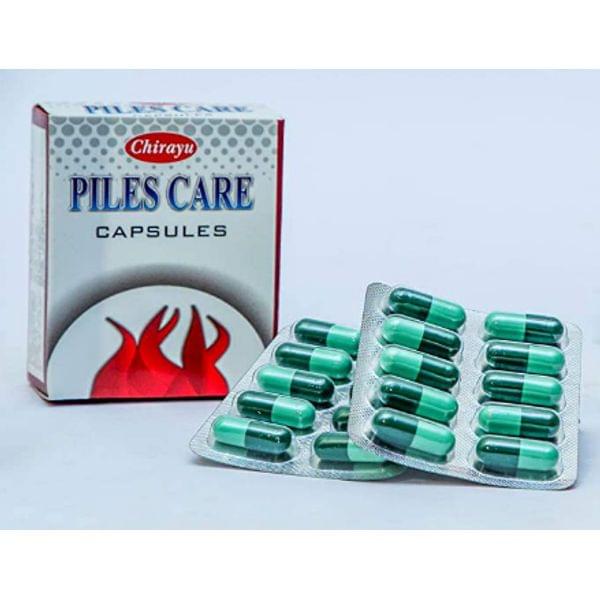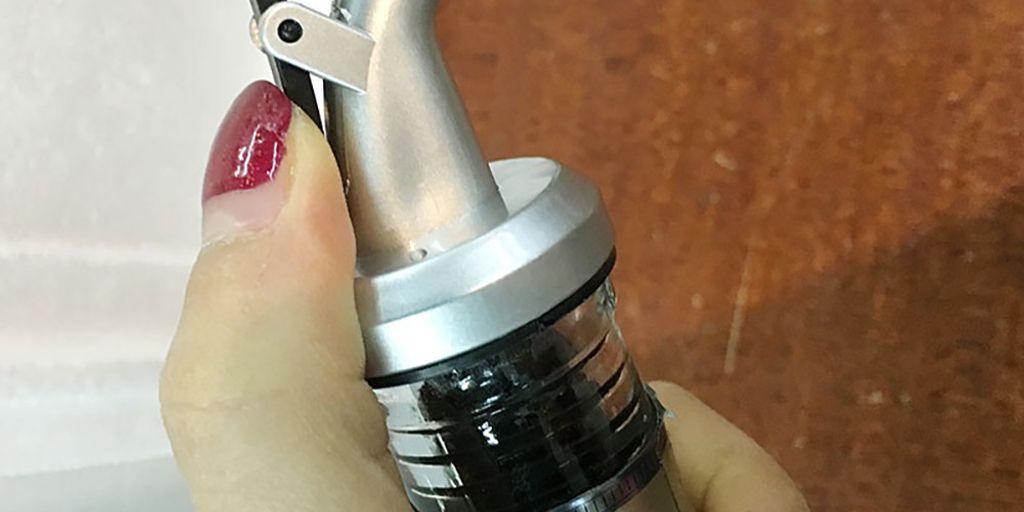Infertility can be a challenging issue for many men, and among the various factors, low sperm count is one of the most common causes. Fortunately, modern medicine offers several options to help improve sperm production and quality. In this article, we explore five proven medications and supplements that have been shown to boost sperm count, providing hope and options for those looking to enhance their fertility.
Key Takeaways
- Clomiphene Citrate is a non-steroidal fertility medicine that can stimulate sperm production in men.
- Folic Acid, a B-vitamin, is essential for healthy sperm development and may increase sperm count when taken as a supplement.
- Vitamin E is an antioxidant that can protect sperm cells from damage and improve their overall quality.
- Coenzyme Q10 is known to improve sperm motility and density, making it a valuable supplement for male fertility.
- Zinc Supplements play a crucial role in testosterone production and sperm formation, and deficiencies can lead to reduced sperm count.
1. Clomiphene Citrate
Clomiphene Citrate is a medication commonly prescribed to treat infertility in men. It works by stimulating the pituitary gland to increase the production of hormones that are essential for sperm production. Studies have shown that Clomiphene Citrate can significantly boost sperm count in men with low levels.
Dosage and duration of treatment vary depending on the individual’s condition, but it’s crucial to follow a healthcare provider’s instructions. Here’s a general guideline for Clomiphene Citrate usage:
- Start with a low dose, typically 25 mg per day
- Gradually increase the dose if necessary, up to 50 mg per day
- Treatment usually lasts for several months
While Clomiphene Citrate is effective for many, it’s important to monitor for side effects and consult with a healthcare professional regularly during treatment.
2. Folic Acid
Folic acid, a B vitamin, is essential for cell division and the synthesis of DNA. For men, folic acid has been linked to increased sperm count and improved sperm quality. It is often recommended for men with low sperm counts or for those looking to improve their fertility.
Fertility specialists suggest that a combination of folic acid with other antioxidants can be particularly effective. Here’s a simple breakdown of the recommended daily intake:
| Nutrient | Recommended Daily Intake |
|---|---|
| Folic Acid | 400-800 mcg |
While the exact mechanisms are still being studied, folic acid supplementation is associated with a positive impact on male reproductive health.
It’s important to note that while folic acid is available in dietary supplements, it can also be found in natural food sources such as leafy greens, fruits, and whole grains. Incorporating these foods into your diet can help ensure adequate intake of this vital nutrient.
3. Vitamin E
Vitamin E is widely recognized for its antioxidant properties, which play a crucial role in protecting sperm cells from oxidative stress. Regular supplementation with vitamin E can significantly improve sperm count and motility, making it a valuable ally for men facing fertility challenges.
The benefits of vitamin E are not limited to sperm count alone; it also enhances the overall health of sperm cells. For instance, a combination of vitamin E with other antioxidants, such as selenium, has shown promising results in improving sperm quality. A study highlighted the positive effects of taking 400 mg of vitamin E and 225 μg of selenium for a period of three months.
It’s important to note that while vitamin E supplementation can be beneficial, it should be done under medical supervision to avoid excessive intake, which can have adverse effects.
To ensure optimal results, men should consider incorporating vitamin E into their diet through natural sources or supplements, as part of a comprehensive approach to boost fertility.
4. Coenzyme Q10
Coenzyme Q10, also known as CoQ10, is a naturally occurring antioxidant that is found in many foods and available as a supplement. It plays a crucial role in energy production within cells and has been shown to improve sperm quality and motility in men.
Studies suggest that CoQ10 supplementation can lead to an increase in sperm count and density. This is particularly beneficial for men with low sperm counts or for those looking to improve their fertility. CoQ10 is also known for its benefits to heart health and may improve overall energy levels.
- Recommended dosage: 200-300 mg per day
- Duration of use: At least 3 months for noticeable effects
- Food sources: Meat, fish, nuts, and oils
CoQ10’s antioxidant properties may protect sperm cells from oxidative damage, which is a common cause of reduced fertility.
While CoQ10 is generally safe, it is always best to consult with a healthcare provider before starting any new supplement regimen, especially if you have pre-existing health conditions or are taking other medications.
5. Zinc Supplements
Zinc is an essential mineral that is vital for numerous bodily functions, including immune system performance and cell growth. For men, zinc plays a particularly important role in reproductive health. Zinc deficiency has been linked to low sperm count and reduced fertility.
Zinc supplementation can help to reverse these effects, making it a valuable component of a regimen aimed at increasing sperm count. Studies have shown that taking zinc supplements can improve both sperm quantity and quality, which may enhance the chances of conception.
- Ensures proper sperm development
- Boosts testosterone levels
- Enhances sperm motility
While the exact mechanisms are still being researched, the correlation between zinc levels and male fertility is well-established.
It’s important to note that while zinc supplements can be beneficial, they should be taken under the guidance of a healthcare provider to avoid excessive intake, which can lead to adverse effects. The recommended dietary allowance (RDA) for zinc varies depending on age and sex, but adult men are generally advised to consume 11 mg per day.
In conclusion, zinc plays a crucial role in male reproductive health, and supplementation may be a useful strategy for those looking to improve their sperm count.
Looking to boost your health with essential nutrients? Zinc is a vital mineral that supports numerous functions in the body, and our Zinc Supplements are just what you need to maintain optimal health. Don’t miss out on the benefits of this crucial nutrient. Visit our website now to explore our wide range of health and nutrition products, and take the first step towards a healthier you!
Conclusion
In summary, the journey to improve sperm count can be supported by various proven medications. Each medication discussed in this article offers a unique approach to enhancing male fertility, whether it’s through hormonal balance, improved sperm production, or increased overall reproductive health. It’s important to consult with a healthcare provider to determine the most appropriate treatment based on individual needs and conditions. Remember, while medication can be a powerful tool, it should be complemented with a healthy lifestyle, including proper diet, exercise, and stress management, to maximize fertility potential. With the right combination of treatments and lifestyle changes, many men can see a significant improvement in their sperm count and overall reproductive health.
Frequently Asked Questions
How does Clomiphene Citrate work to increase sperm count?
Clomiphene Citrate is a selective estrogen receptor modulator that increases the levels of follicle-stimulating hormone (FSH) and luteinizing hormone (LH), which can stimulate the testes to produce more sperm.
Is Folic Acid effective in boosting sperm quality?
Yes, Folic Acid has been linked to increased sperm count and motility. It is believed to improve DNA synthesis and repair, which may contribute to sperm health.
What is the role of Vitamin E in male fertility?
Vitamin E is an antioxidant that helps protect sperm cells from oxidative stress, which can damage sperm DNA and cell membranes, thereby potentially improving sperm quality.
How can Coenzyme Q10 improve sperm count?
Coenzyme Q10 is involved in energy production within cells, including sperm cells. It has antioxidant properties and may improve sperm motility and density.
Why is Zinc important for sperm production?
Zinc plays a crucial role in sperm development and testosterone production. Deficiency in zinc can lead to reduced sperm count and motility.
Are there any side effects associated with these supplements?
Like all medications and supplements, these can have side effects. It’s important to consult with a healthcare provider before starting any new supplement regimen, especially if you have underlying health conditions or are taking other medications.


